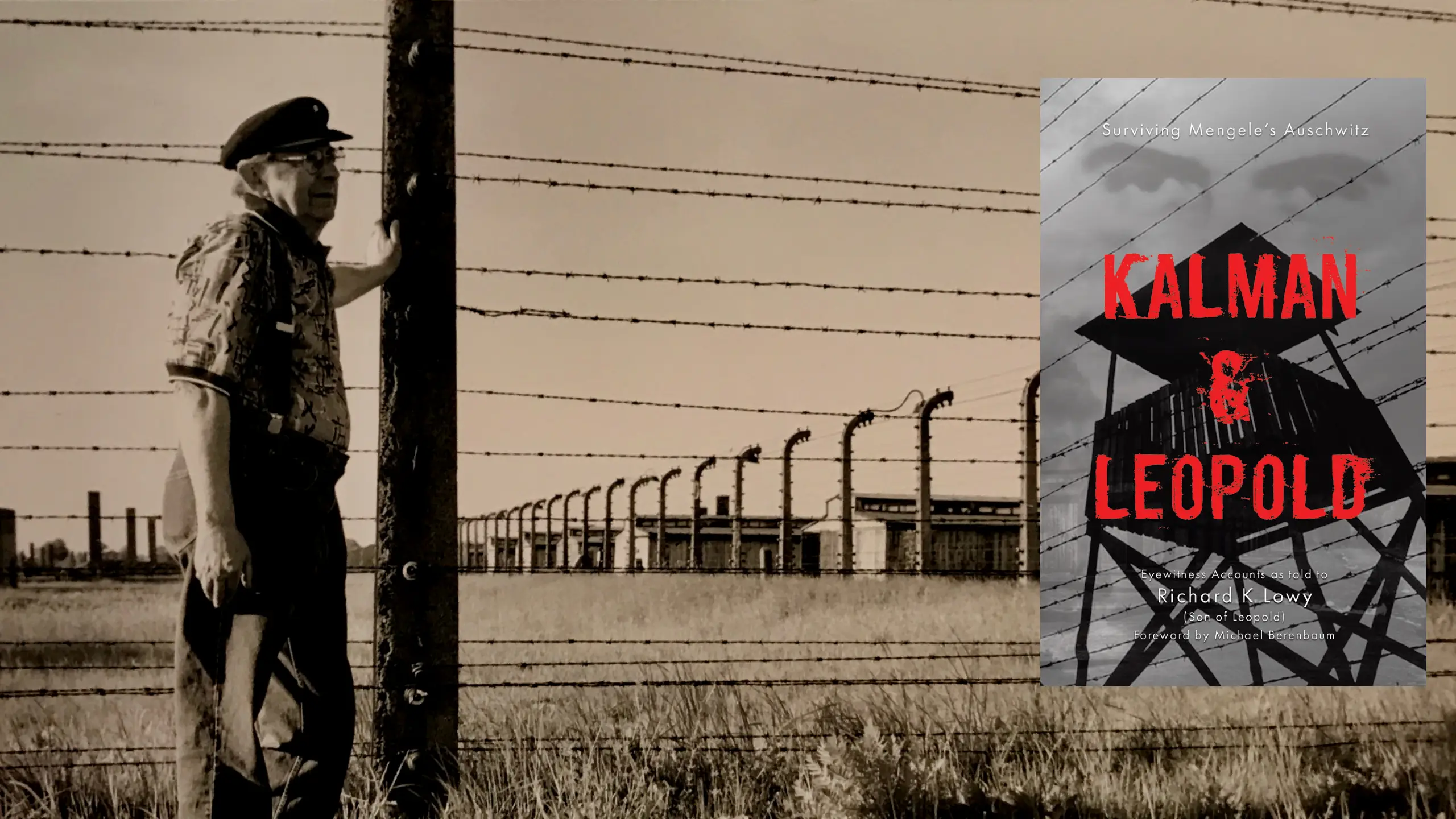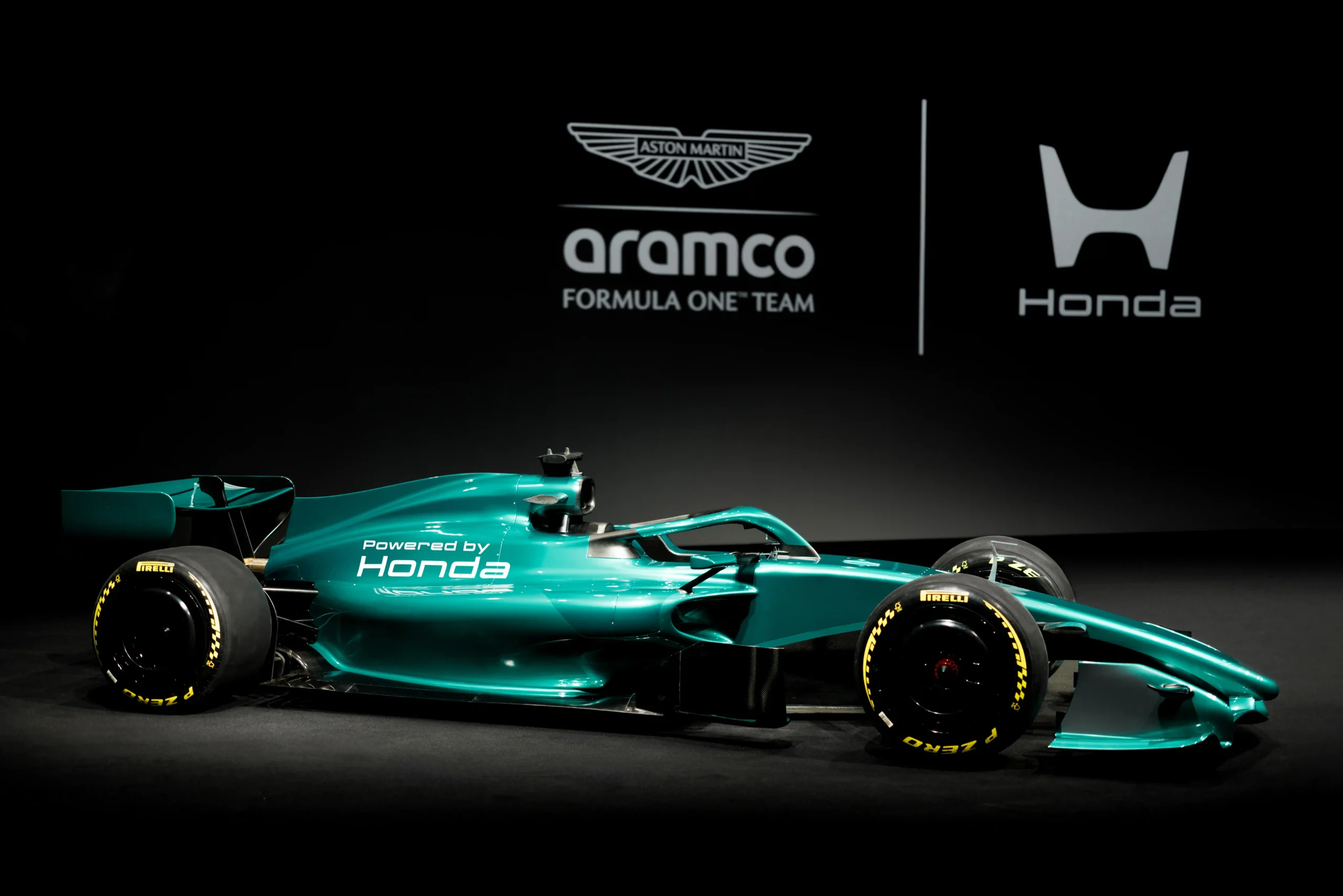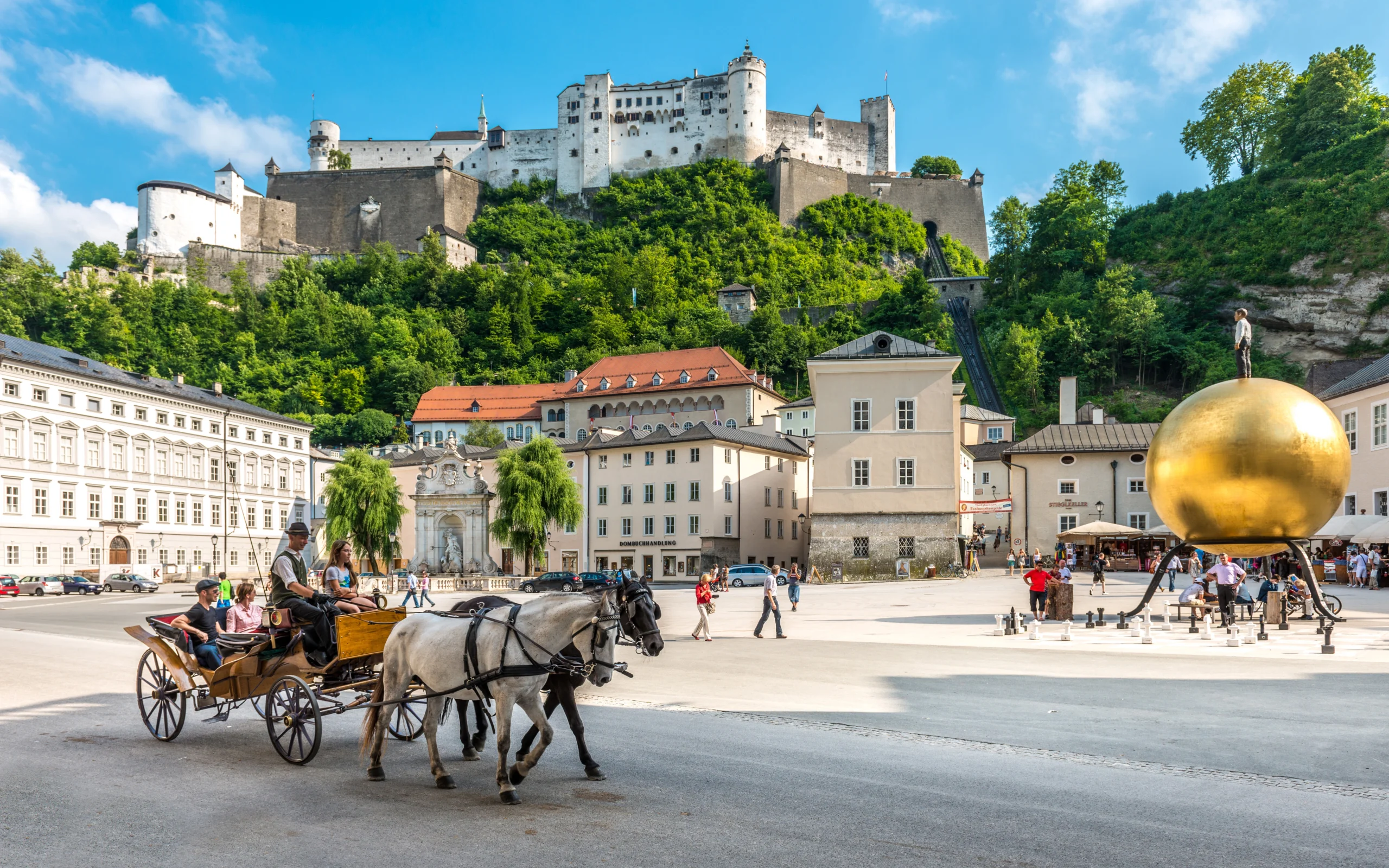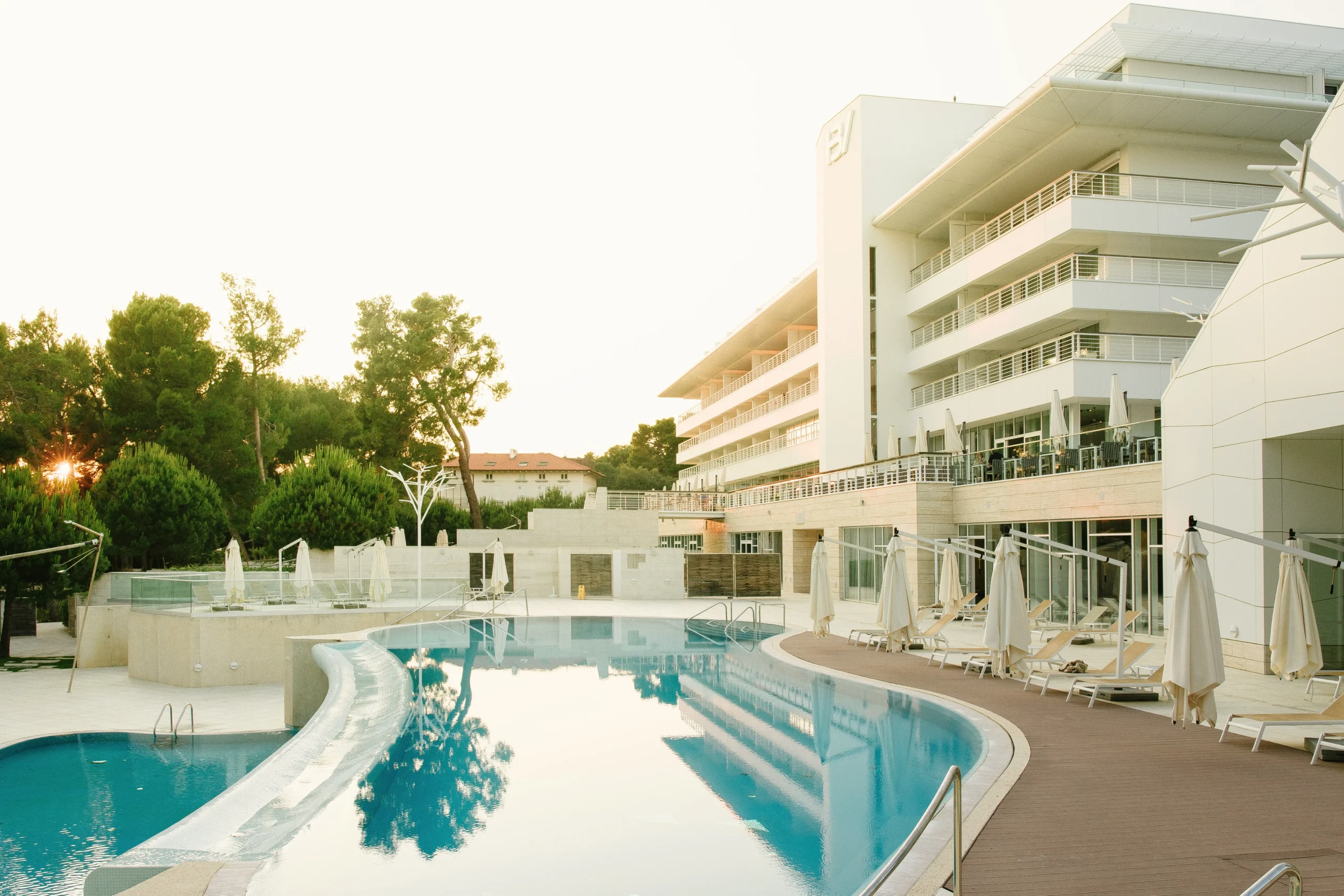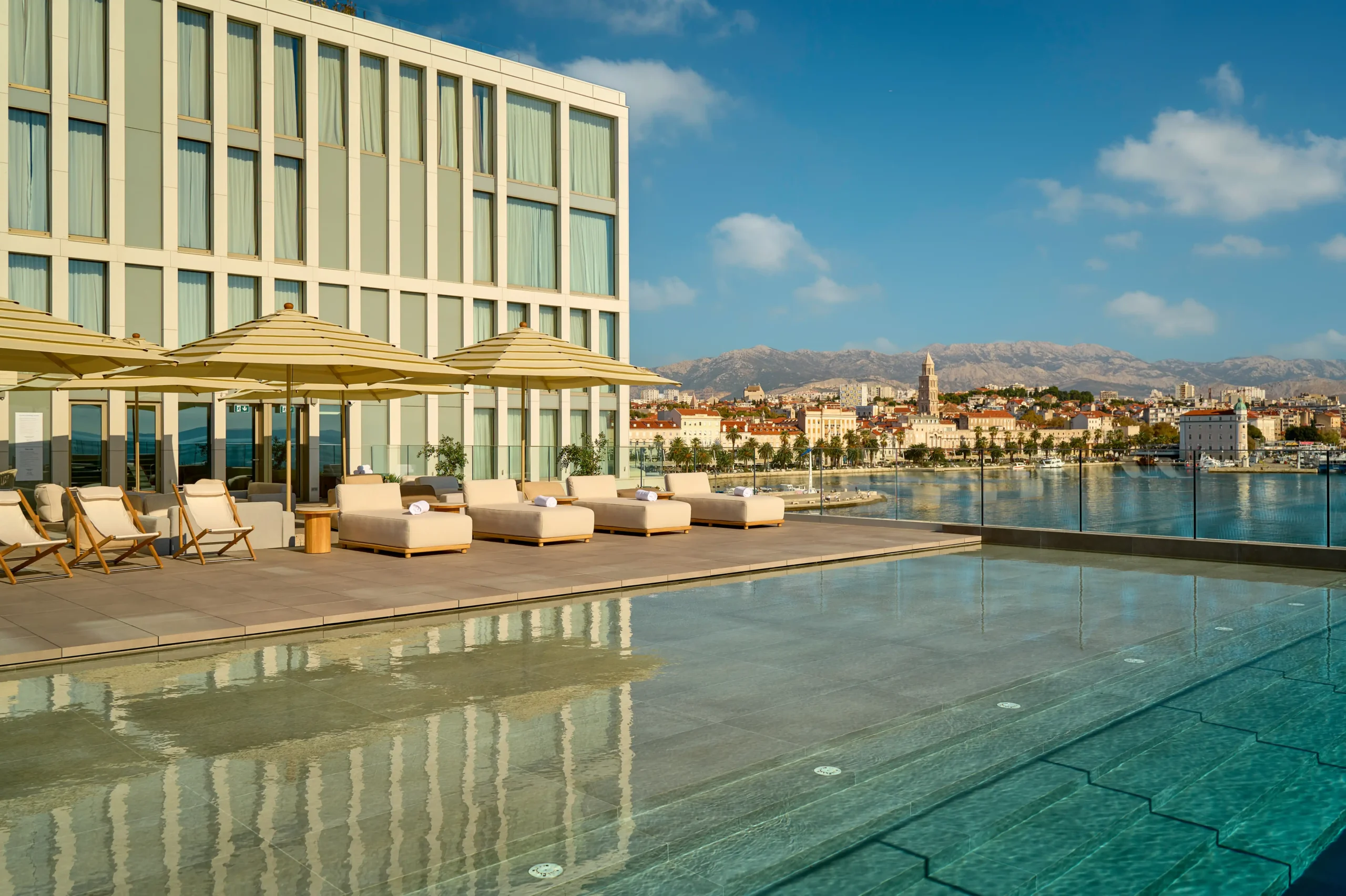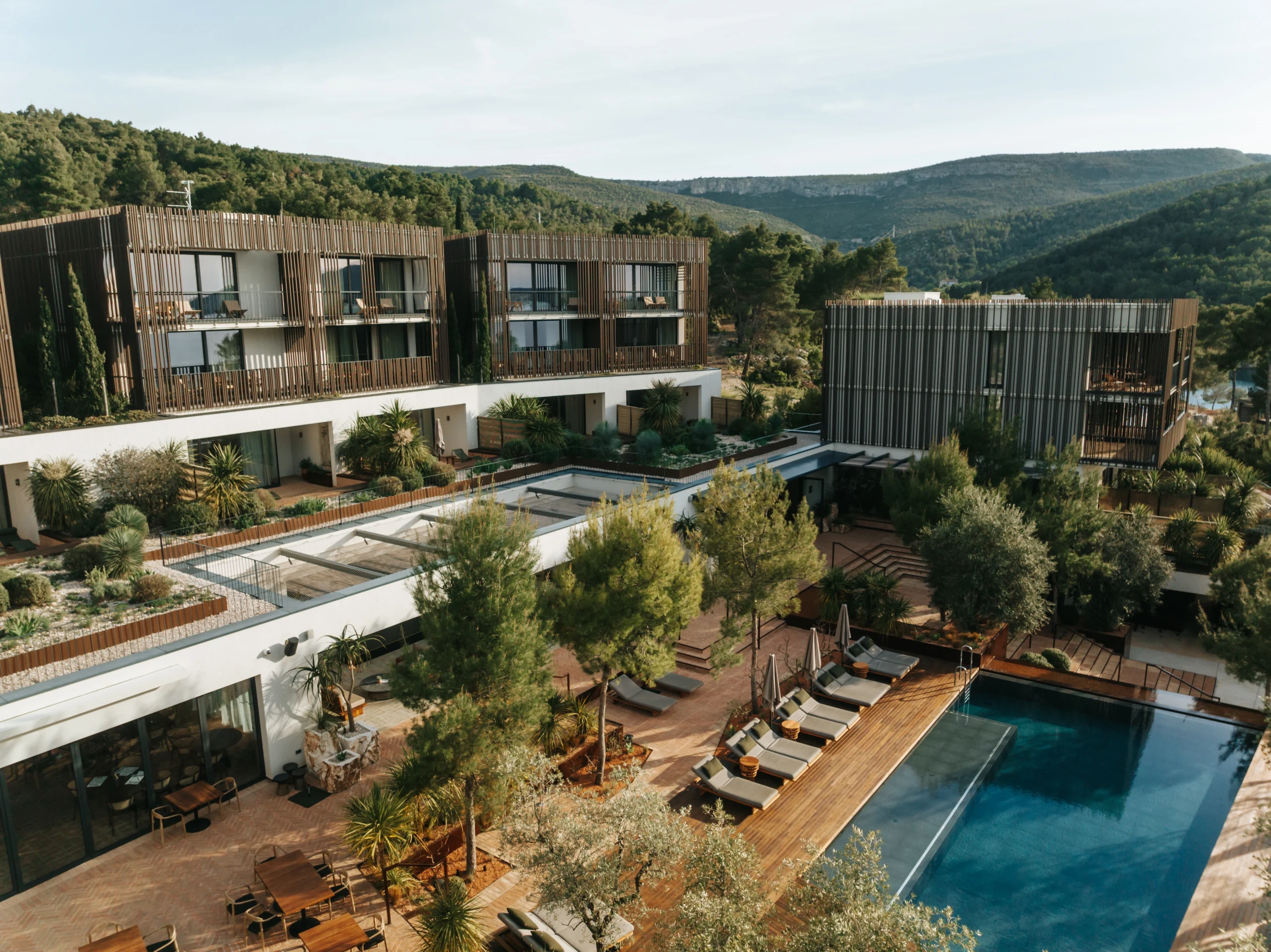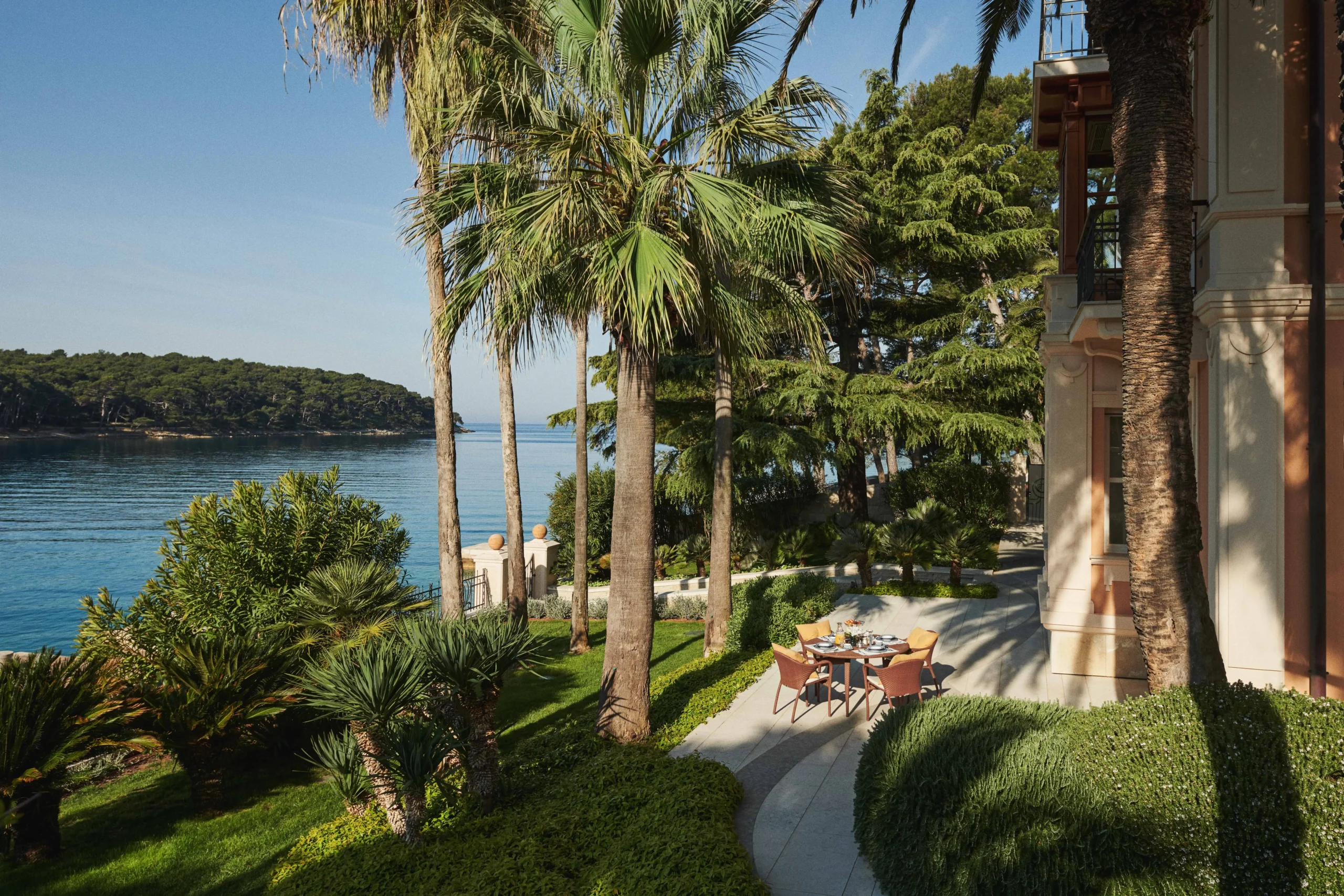Historic motorsport confronts its energy future

Mark G. Whitchurch
- Published
- Lifestyle, Sustainability
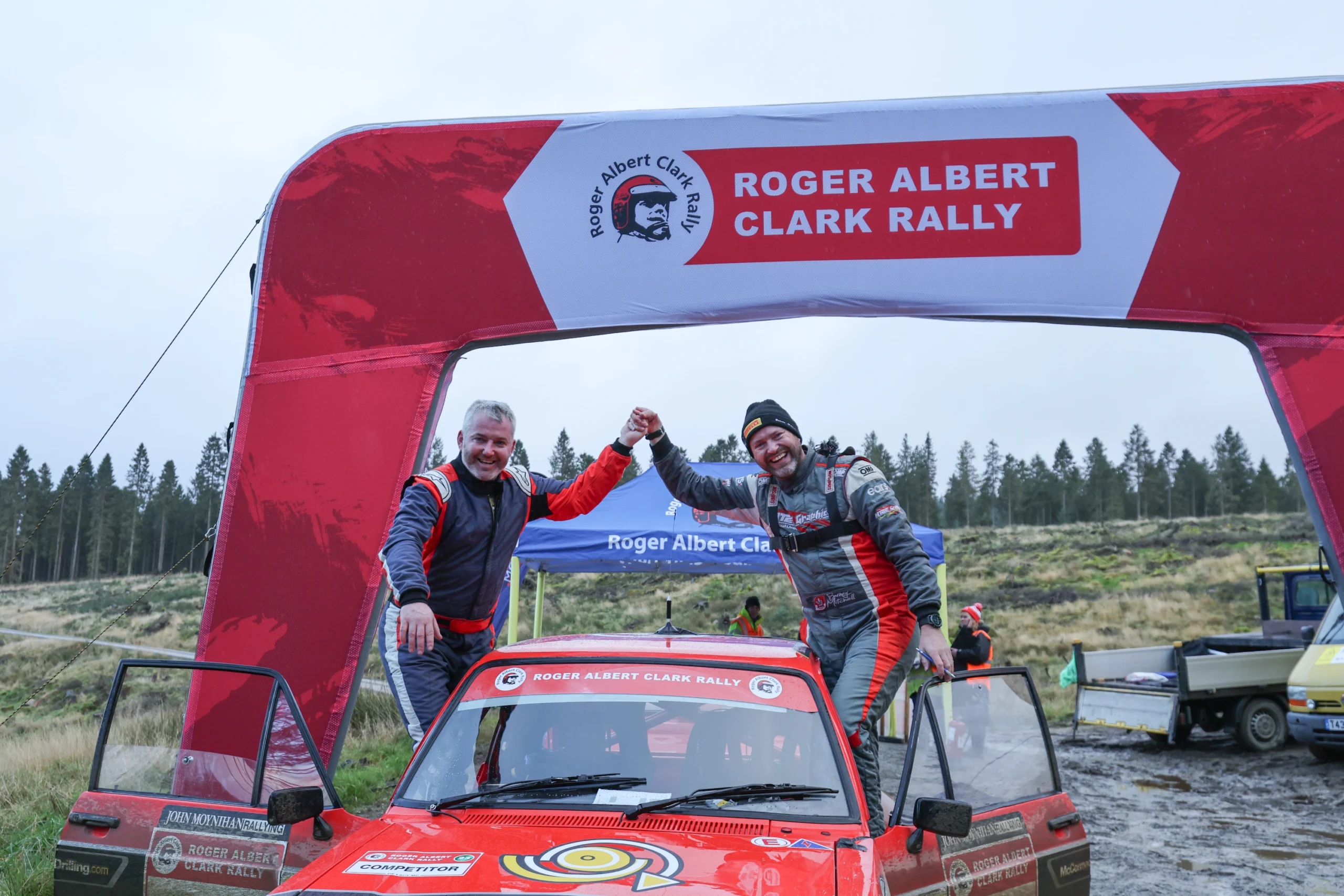
When the Roger Albert Clark Rally starts tomorrow, it doubles as the first major proving ground for a 50 per cent sustainable petrol blend designed for classic engines. If it withstands five days of competitive stress, it may offer a credible path for heritage motorsport in a decarbonising regulatory landscape, writes Mark G. Whitchurch
The Roger Albert Clark Rally gets underway tomorrow, as it has done for decades, with its familiar mix of noise, attrition and late-autumn drama in the Welsh hills. The cars look much as they always have, the forests are unchanged, and the atmosphere around the service parks remains rooted in the culture of rallying’s past. And yet, even here, among cars and crews that look much as they always have, there is growing concern about how long petrol-fuelled events can continue in the face of decarbonisation demands and a steadily changing regulatory environment.
That backdrop gives real significance to this year’s rally, which becomes the first major test-bed for a fuel that could determine how historic motorsport adapts in the years ahead. For the first time, competitors are being offered a high-performance petrol in which half of the content is produced from renewable waste material rather than fossil crude. Developed by Sustain, it uses second-generation biomass — things like crop residues, food waste and other material that cannot be used for animal feed — and converts them into synthetic hydrocarbons that mirror the chemistry of traditional petrol.
The result is a fuel that behaves identically in period engines with the same octane rating, the same combustion characteristics, and the same energy content. No modifications are needed and no originality is lost, which is essential in a sport where the mechanical identity of each car is part of its heritage value.
Over five days, engines here will face long competitive miles, continual high load, cold Welsh forests, abrasive Kielder gravel and rapid transitions between surfaces and temperatures. If that sustainable fuel works here — without causing detonation issues, fouling, vapour-lock, degraded performance or damage to period components — it strengthens the argument that heritage motorsport can continue in a genuinely lower-carbon form. If it doesn’t, organisers across Europe will face difficult decisions as regulatory pressure mounts and conventional fossil fuels become politically and commercially harder to justify. In that sense, the blend on offer this week, called Sustain Racing C50, is a hard road test of whether the sport’s mechanical past can coexist with its environmental future.
Motorsport pundit and former Formula One assistant team manager Tony Jardine, who marks 50 years since his first rally start at the 1975 Kuwait International Rally, recognises the significance of that transition. His career spans 31 World Rally Championship appearances and 16 Historic Endurance Rally campaigns, and in 2025 he returns with TradOak.com Rally Team and a 1973 Chrysler Avenger in Historic Class 2. His advocacy for sustainable fuels rests on what he sees as a practical solution to a structural threat. “We have to be able to continue to use and preserve the internal combustion engine in order to enjoy the sights and sounds of great rally cars in the future,” he told me. “That’s why the prospect of a completely sustainable fuel event in the future is a must. I have seen a lot of changes in 50 years of rallying, but this will be one of the most important.”
Sustain’s C50 fuel is produced from second-generation biomass, including crop by-products and food waste, and offers a high-performance specification—ethanol-free, 102 RON / 89 MON—without requiring engine modifications. For historic competitors, that detail is critical. The blend is available at Carmarthen, Pembrey, Carlisle and Kielder, and can deliver greenhouse-gas savings of up to 35 per cent compared with standard fossil petrol.
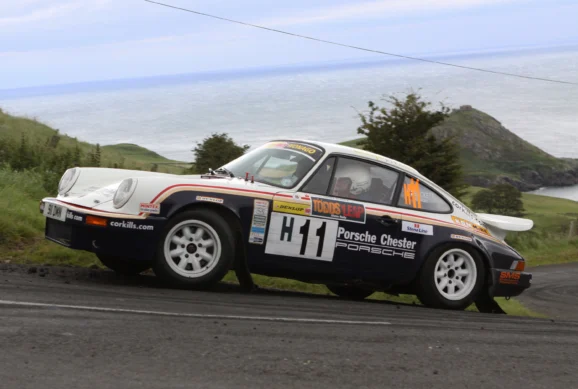

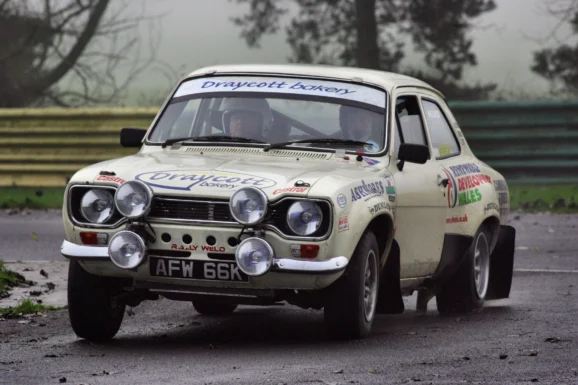

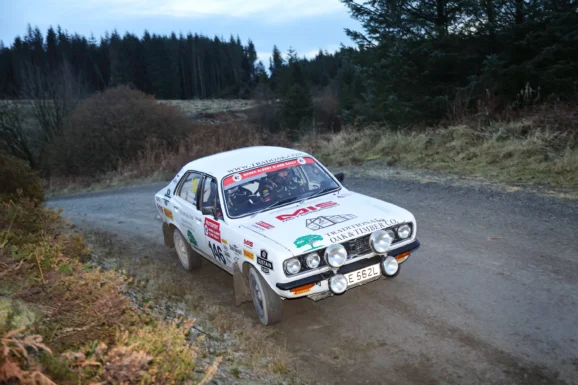
The rally itself remains a formidable challenge. Running until November 24, it covers more than 320 miles of competitive stages across Wales, England, and Scotland. Thursday opens with Crychan and Cefn Llwydlo forests, plus two blasts around Pembrey Motorsport Circuit. Friday brings the legendary Welsh stages of Sweet Lamb, Myherin, and Dyfnant. Saturday shifts north to England, with eight punishing stages in Kielder Forest. Sunday moves into Scotland, with ten tests across Ae, Twiglees, Castle O’er, Craik, and Newcastleton. Monday concludes with the infamous “Bigger One”, a 40-mile monster stage in Kielder that combines Shepherdshield, Pundershaw, Roughside, and Hopehouse, before the finish at Carlisle Airport.
The entry list is stacked with talent. Four-time winner Marty McCormack returns in a BMW M3 E30, a bold departure from his usual Escort. British Rally Champions Osian Pryce, Matt Edwards, and Mark Higgins are all chasing glory, with Higgins piloting a Triumph TR7 V8. Jason Pritchard is determined to finally secure victory, while Seb Perez will thrill fans in his iconic Lancia Stratos. Other names to watch include Barry McKenna, Paul Barrett, Rhys Yates, Matthew Robinson, Jonny Greer, and Neil Weaver, whose Peugeot 306 Maxi Kit Car adds variety to the Escort-heavy field.
For fans, the rally offers multiple ways to follow the action. Motorsport UK TV will provide livestreams and highlights, while MCR Motorsport Media will deliver stage-end coverage and social media updates. The Roger Albert Clark Rally Motor Club website also offers live spectator information, maps, and even a Carlisle Airport live camera. For those attending in person, official spectator car parks and viewing points are listed to ensure safe and accessible vantage spots.
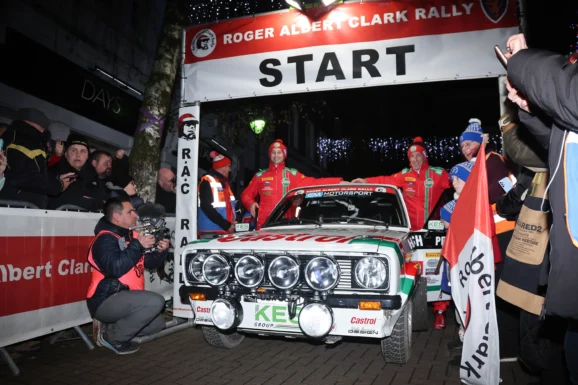

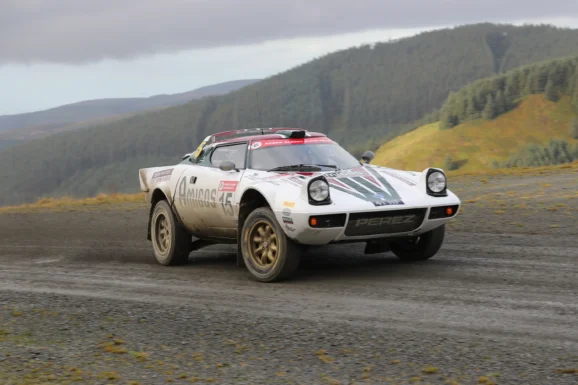
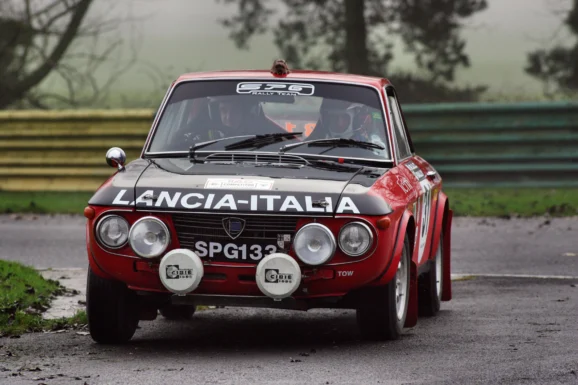
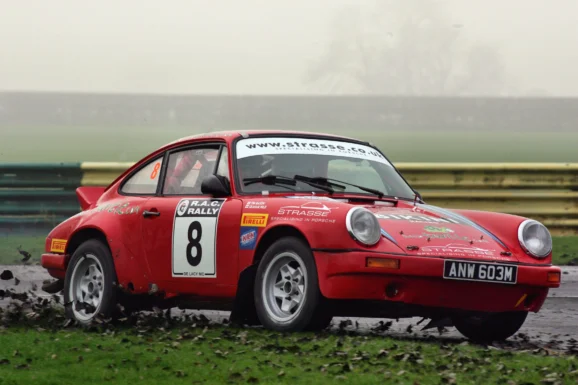
If this year’s Roger Albert Clark Rally shows that such fuels work reliably, competitively and accessibly in real conditions, it will influence other forms of motorsport.
Rally manager Colin Heppenstall underlined the potential cumulative impact, adding: “With up to 200 competitors taking part, just think of the greenhouse savings we could collectively make, and all whilst showcasing the efficacy and environmental benefits you can enjoy using fuels with sustainable content”
READ MORE: ‘UK organisations show rising net zero ambition despite financial pressures, new survey finds‘. Half of UK firms now formally committed to carbon neutrality as leadership engagement and staff participation strengthen.
Do you have news to share or expertise to contribute? The European welcomes insights from business leaders and sector specialists. Get in touch with our editorial team to find out more.
Images: Supplied/RACRMC
RECENT ARTICLES
-
 The European Reads: Kalman & Leopold: Surviving Mengele’s Auschwitz
The European Reads: Kalman & Leopold: Surviving Mengele’s Auschwitz -
 The pearl of Africa: Stanley Johnson’s journey into Uganda’s wild heart
The pearl of Africa: Stanley Johnson’s journey into Uganda’s wild heart -
 A new green dawn: inside Aston Martin’s turbulent start to Formula 1’s 2026 revolution
A new green dawn: inside Aston Martin’s turbulent start to Formula 1’s 2026 revolution -
 WPSL targets £16m-plus in global sponsorship drive with five-year SGI partnership
WPSL targets £16m-plus in global sponsorship drive with five-year SGI partnership -
 Need some downtime? Head to Nerja for some serious decompression
Need some downtime? Head to Nerja for some serious decompression -
 How a book becomes a ‘bestseller' (and it’s not what you think)
How a book becomes a ‘bestseller' (and it’s not what you think) -
 Fipronil: the silent killer in our waterways
Fipronil: the silent killer in our waterways -
 Addiction remains misunderstood despite clear medical consensus
Addiction remains misunderstood despite clear medical consensus -
 New guide to the NC500 calls time on 'tick-box tourism'
New guide to the NC500 calls time on 'tick-box tourism' -
 Bon anniversaire, Rétromobile: Paris’ great motor show turns 50
Bon anniversaire, Rétromobile: Paris’ great motor show turns 50 -
 Ski hard, rest harder: inside Europe’s new winter-wellness boom
Ski hard, rest harder: inside Europe’s new winter-wellness boom -
 Baden-Baden: Europe’s capital of the art of living
Baden-Baden: Europe’s capital of the art of living -
 Salzburg in 2026: celebrating 270 years of Mozart’s genius
Salzburg in 2026: celebrating 270 years of Mozart’s genius -
 Sea Princess Nika – the ultimate expression of Adriatic elegance on Lošinj
Sea Princess Nika – the ultimate expression of Adriatic elegance on Lošinj -
 Hotel Bellevue, Lošinj, Croatia – refined wellness by the Adriatic
Hotel Bellevue, Lošinj, Croatia – refined wellness by the Adriatic -
 Padstow beyond Stein is a food lover’s dream
Padstow beyond Stein is a food lover’s dream -
 Love really is in the air. How to spot a sky full of heart-stealing stars this Valentine's Day
Love really is in the air. How to spot a sky full of heart-stealing stars this Valentine's Day -
 Cora Cora Maldives – freedom, luxury and a celebration of island life
Cora Cora Maldives – freedom, luxury and a celebration of island life -
 Hotel Ambasador: the place to stay in Split
Hotel Ambasador: the place to stay in Split -
 Maslina Resort, Hvar – mindful luxury in the heart of the Adriatic
Maslina Resort, Hvar – mindful luxury in the heart of the Adriatic -
 The bon hiver guide to Paris
The bon hiver guide to Paris -
 Villa Mirasol – timeless luxury and discreet elegance on the island of Lošinj
Villa Mirasol – timeless luxury and discreet elegance on the island of Lošinj -
 Lošinj’s Captain’s Villa Rouge sets a new standard in private luxury hospitality
Lošinj’s Captain’s Villa Rouge sets a new standard in private luxury hospitality -
 Villa Nai 3.3: A Michelin-recognised haven on Dugi Otok
Villa Nai 3.3: A Michelin-recognised haven on Dugi Otok -
 The European road test: The Jeep Wrangler Rubicon
The European road test: The Jeep Wrangler Rubicon

